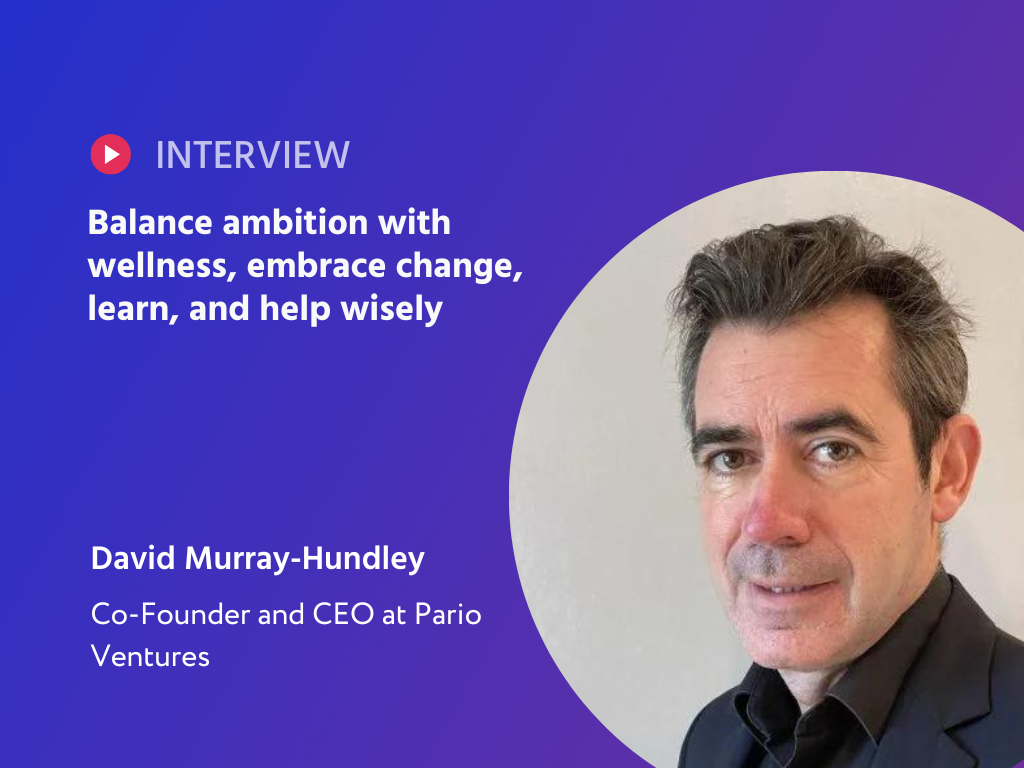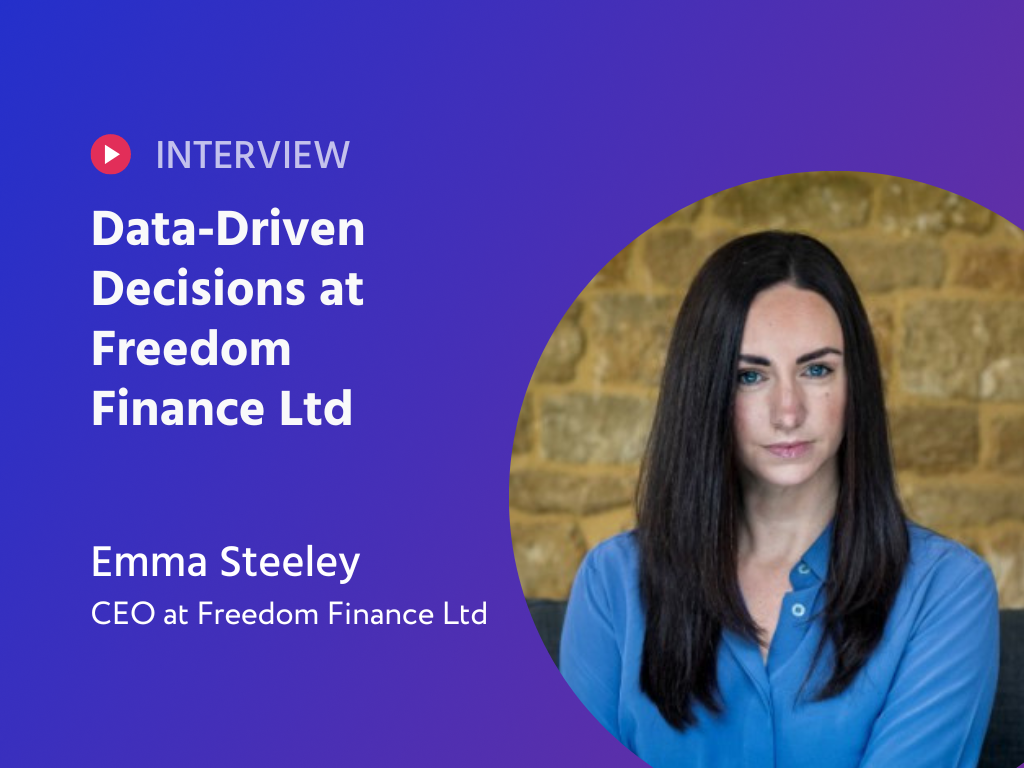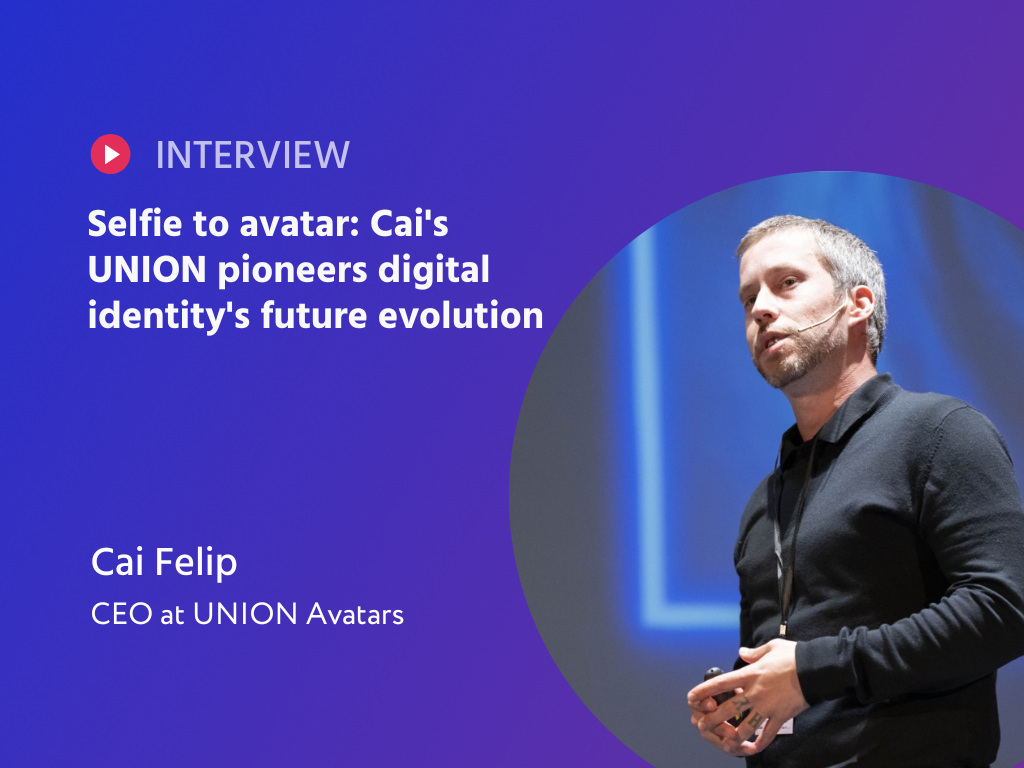In today's episode of Bright Founders Talk from Temy, we have the pleasure of diving into the mind of Richard Purcell, Co-founder and Director of CareScribe, a Bristol-based assistive technology company. His work is a testament to the power of technology in leveling the playing field, focusing primarily on software solutions that aim to make life easier for individuals with disabilities in both the workplace and educational settings.
But what makes Richard's story even more compelling is his personal journey with dyslexia, a condition that often comes with its set of challenges but has, in his case, fueled a passion for creating a more inclusive world. Richard opens up about how his experiences with dyslexia not only shaped his worldview but also played a pivotal role in driving him toward the assistive technology space. In a candid conversation, he challenges conventional notions around disabilities, advocating for a broader understanding of neurodiversity that celebrates the unique strengths that come with conditions like dyslexia.
Turning Dyslexia Into a Superpower: How Richard Purcell Found His Niche in Assistive Tech
"You can work with it, you can't work on it," Richard Purcell says, and let me tell ya, he's living proof of turning what some consider a 'disability' into a full-on superpower. The co-founder and director of CareScribe—a Bristol-based assistive technology company—gets candid about being dyslexic. But it's not a 'woe is me' tale. Richard flips the script by channeling his so-called "disability" into a driver for innovation. "It's not something you'd necessarily know if you met me that I was dyslexic, but the impact it has had drove me into the assistive technology space," he shares.
You can work with it, you can't work on it
So, what's the big deal with dyslexia? It's often pigeonholed as a negative, something you've got to "work around." Not for Richard. He sways comfortably in the spotlight of neurodiversity, embracing the unique wiring of his brain. He's even rocking some unexpected skills, all thanks to dyslexia. "I'm very artistic, good at lateral thought processes, and quite a good communicator," he says. It's not just about defying the odds; it's about leveraging what makes you, you, into something incredibly beneficial for others—both in the workplace and education.
Richard's experience amplifies a critical message—don't just cope with your so-called 'limitations,' leverage them. His keen insights into neurodiversity aren't just inspirational; they're practical and resonate with a new wave of thinking. "There's a huge number of benefits to being dyslexic that, if harnessed correctly, can be a huge attribute," he insists. Talk about finding your niche by not just acknowledging but celebrating what makes you different!
Cracking the Code: How Richard Beat Dyslexia to Excel in Medicine and Assistive Technology
"Dyslexia was like a monster under my bed, but instead of being afraid, I decided to teach it to dance," Richard tells us with a grin. Struggling in school initially and excelling in science but failing miserably in subjects requiring extensive reading and writing, Richard faced an uphill battle that many with dyslexia can relate to. It wasn't until he was flagged for an assessment shortly before his GCSEs that he received the diagnosis and, importantly, the human support that would change his life. "I got this label, and suddenly I had access to support that enabled me to actually understand what was being asked of me. I went from failing to passing and eventually making it to medical school."
Richard’s story doesn’t stop at overcoming educational hurdles. While pursuing his medical degree at Bristol, he encountered the complex "language of medicine" filled with esoteric and long words. "It was like stepping onto a battlefield with a plastic spoon," he says, candidly. But this challenge led him and a friend to create a groundbreaking piece of software that helped students grasp complex medical terminology. It began as a self-help tool, but it didn’t take long for the medical school to buy a license, kickstarting a "rudimentary software business."
What makes Richard’s journey even more impressive is his transition from medicine to entrepreneur in the realm of assistive technology. After years of practicing in the NHS, he spotted another gap in educational support for students, leading him to create his business, Kesgrave. His first product, Captioned, solved the problem of captioning and note-taking at educational institutions, marking his full-circle journey from a dyslexic student to a successful business owner offering technological solutions to others. As Richard puts it, "Understanding my weaknesses helped me create coping strategies, which later turned into business strategies. That's the real superpower here."
Understanding my weaknesses helped me create coping strategies, which later turned into business strategies. That's the real superpower here
From Medical School to Startup Life: Richard's Unconventional Path to Entrepreneurial Success
So, it all began in a tiny apartment with Niels, his then-housemate and current best friend. Believe it or not, neither of them had a technical background. "We were medical students, broke as a joke, and yet we had this itch we couldn't ignore," Richard explains. While most would find the medical curriculum demanding enough, these two decided to scratch that entrepreneurial itch by pooling together a few hundred pounds from their student loans. Their business strategy? A "Help Wanted" sign on their university's computer science notice board.
That's how Richard and Niels ended up working with a couple of computer science students, turning their idea into reality. "Just like any development I've ever done, it's twice as hard as you initially think it takes three times as long," Richard says. A year of juggling medical studies and software development later, they had their first version, and people were actually paying to use it. "It was a really slow process. Slow, slow iterations to get to where we are today," he reflects.
Just like any development I've ever done, it's twice as hard as you initially think it takes three times as long
It wasn't all smooth sailing, though. Richard's entrepreneurial mindset made him restless in his medical career. "My mindset is entrepreneurial, which is common for dyslexic people like me. I started to get the feeling of 'if I didn't do this, somebody else could.' I wanted to be irreplaceable, to flex creative muscles I couldn't in medicine." Richard's journey may not be a blueprint for startup success, but it’s a testament to what you can achieve when you trust your instincts and take the plunge. As he puts it, "It's all been challenging, but increasingly rewarding."
The Art of "Getting Out of the Way": Richard on Scaling Team Talent and Company Growth
Richard's Eureka Moment: "My job is getting out of the way"
Remember the old mantra, "Lead, follow, or get out of the way?" For Richard, it's increasingly been about that last bit. "I need to get out of their way to let them do the things they need to do because they can do it better than I can," he candidly admitted. Richard emphasized the need to shift his role, especially as his team grows closer to that "50 people mark," a known crunch point for businesses. While many leaders stress about micromanaging every tiny detail, Richard's focus has been the opposite: facilitate an environment where the all-star team can work its magic.
Happier Than Ever: Structuring a 50-Person Startup Without the Usual Chaos
Yes, the million-dollar question: Is Richard happy with this year’s progress? And oh boy, he couldn’t sound more thrilled if he tried. His eyes lit up as he talked about the collective alignment forming among the staff. “We’re starting to get much more aligned as a company,” he shared, implying that the meticulous early structuring is about to "start paying dividends." It’s a game-changer for a fast-growing startup like his, ensuring that everyone is on the same page and not stuck in their own silos. It’s like they're collectively weaving a tapestry that forms the company’s mission—each thread is vital but not as impactful as the full picture.
Richard's Golden Nugget: "Believe in Your Ability"
But hey, if you're a startup founder or an aspiring one, Richard had some sage advice that you might wanna jot down. "Believe in your abilities, and all the things you don’t know, you can figure out; you just have to apply yourself to it," he advised. It sounds simple, but for many people, that’s a massive hurdle to jump over. According to Richard, whether you're a medic like he was or just an average Joe, that's the whole gig—you've got to believe you're capable of doing things, even when they seem overwhelmingly complex at first glance. So next time you’re doubting yourself, just remember: somebody figured it out, so why not you?
Believe in your abilities, and all the things you don’t know, you can figure out; you just have to apply yourself to it





